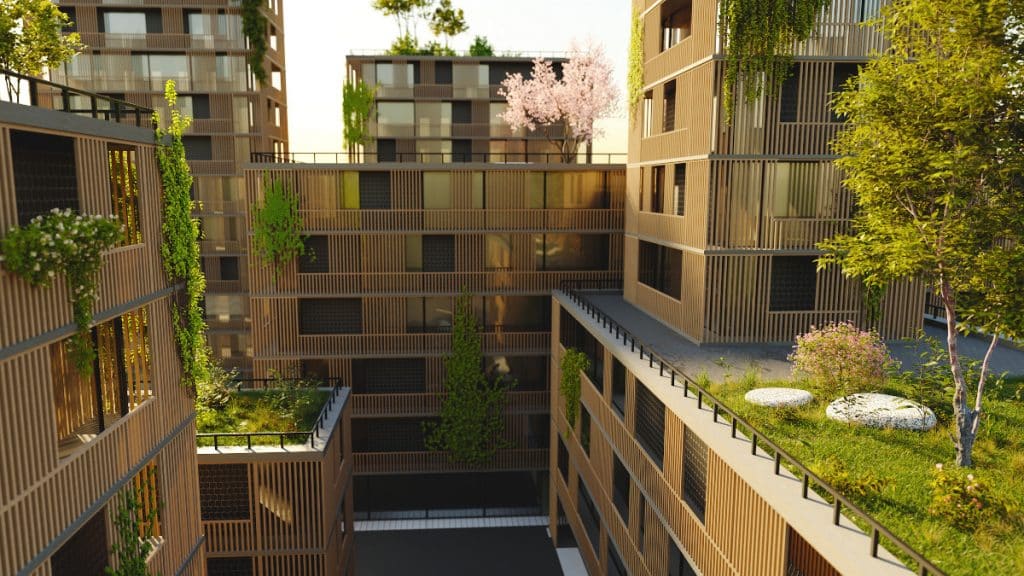/ A constantly evolving regulatory framework /

With the building sector accounting for 45% of final energy consumption in France, limiting carbon emissions in order to reduce our impact on the climate has become a common imperative.
The trajectory to be followed was specified by the tertiary sector decree, which came into force in 2019 and imposes a reduction in consumption of 40% by 2030 (then -50% in 2040 and -60% in 2050), as well as by the BACS decree published in 2020. The latter requires all non-residential tertiary buildings with a heating or air-conditioning system rated over 70 kW to install a building automation and control system by January 2025.
Rethinking building operation is essential if we are to achieve these ambitious energy performance targets.
This is where energy managers come in.
/ Energy management specialists /
/ Sinteo expertise /
Sinteo has been providing building expertise since 2008, and is responsible for the energy management of 20 million square meters. We have developed operational partnerships with renowned publishers of energy monitoring platforms such as Energisme, Netseenergy and Deepki, enabling us to adapt to every situation.
Our many references include the operational management of the Allianz Group's 2°C trajectory and its response to the tertiary sector decree (800,000 m2 spread over 124 assets), as well as the deployment of a pragmatic metering and remote reading system for Primonial Reim's buildings (700,000 m2 on 50 monitored sites), which identified a potential energy savings of 10 to 20% per site.

Commissioning for real energy performance
Commissioning is a process focused on anticipating quality for the benefit of operations. It is a management tool designed to achieve real energy savings while reducing building operating costs.

